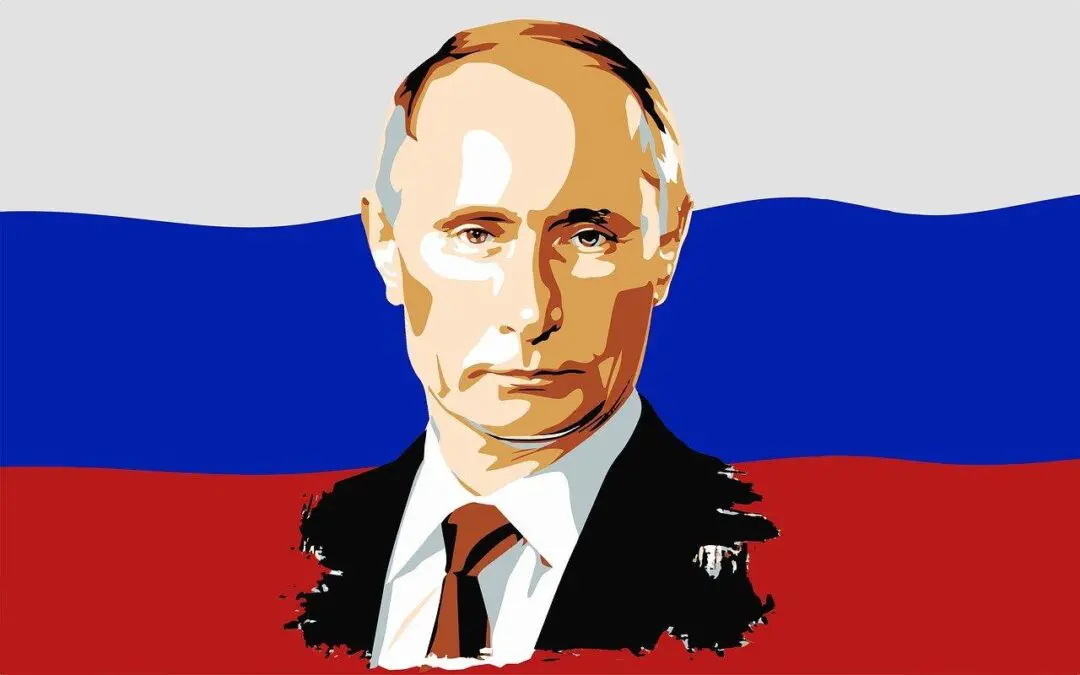For last three decades the European Union driven politics towards Russia has been structured along the lines of agonistic logics, which entailed open channels of communication and platforms for dialogue with Russia, that endowed Putin with a status of legitimate player, who should be engaged with, despite regular breach of international law. Based on the politics, Russia has been acknowledged as a super power and main regional actor with its interests, which made the EU explicitly and implicitly recognize its sphere of influence and avoid angering the Kremlin with any drastic engagement with the post-Soviet space. Up until recently the EU repeatedly attempted to avert engagement in geopolitical discourse due to its identity as a peace project and culture to mitigate and avert tension on the European continent. But also and most importantly, because of internal division among the member states over Russia, which made the process of foreign policy coordination over Russia rather complex within the EU.
Meanwhile, the Kremlin translated the EU division as its weakness and inability to take assertive measures against Russia, which encouraged President Putin to gradually beef up three-tier warfare: 1. territorial; 2. cyber; 3. disinformation, against the countries with pro-European leaning in the neighborhood and make the world watch him walking away with hostilities and continuing its business as usual. None of the recent Kremlin driven hostilities -war against Georgia in 2008 and ever since creeping occupation of the territories in the vicinity of the administrative border, annexation of Crimea and invasion in Dombas, Ukraine in 2014 – become convincing for the EU to revise the engagement politics towards Russia, unless on February 24 the world and in particular Europe woke up to the full scale military attack on its continent by Russia against Ukraine and on 26 February a nuclear threat of Putin, the monster with access to the nuclear power button, but importantly with no institutional mechanism within the Kremlin to deter him.
Right from the beginning there was a problem with the EU’s engagement politics towards the Kremlin, as it threatened to undermine the very foundation of the EU i.e. liberal democratic values and principle. Indeed, the purpose of politics, that “always has to do with conflicts and antagonisms”, is “to keep at bay the forces of destruction and to establish order” through “endless conversation” with antagonistic opponent and attempts to build alliances with them and by doing so transform antagonistic dynamics into agonistic relations in order to make sure that there are no friend-enemy regroupings. But the main question here is whether Putin has ever viewed the EU in agonistic terms. In agonistic relations opponents view each other as “adversaries” who engage and at the same time “fight against each other because they want their interpretation of the principles to become hegemonic, but they do not put into question the legitimacy of their opponent’s right to fight for the victory of their position”. In other words, “considerable disagreement” is not between “annihilating projects”, but between competing alternatives who share “ethico-political principles”, and diverge in their interpretation of shared values and principles, more specifically how they “translate into particular policies and institutional arrangement, and […] their application to particular issues”. Putin has never shared values and principles with the EU, vice versa he has been there to discredit and subvert the very foundation of the European project ie. liberty, equality, democracy and human rights.
For decades the EU has been feeding on illusion that there was a “agonistic conflictual consensus” between Russia and the EU, worst of all, the EU continuously cast a blind eye to every Putin’s attempt to disrupt the European project, instead of tackling the threat and weakening Putin through concerted and targeted actions, like it did after February 24, when it has forced the monster choking with overarching draconian package of sanctions imposed and support towards Ukraine. Had the EU done this before, the war in Ukraine could have been averted.







